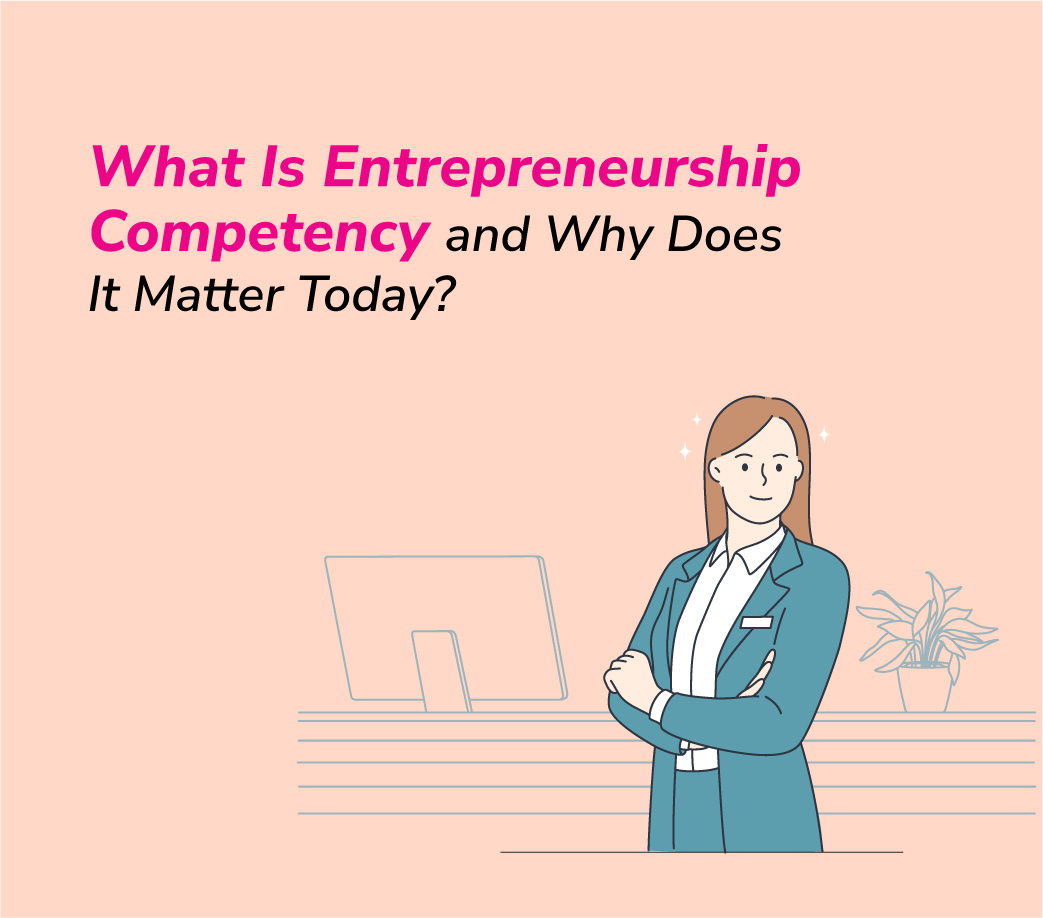In India, the number of women entering professions that were once dominated by men has significantly increased over the past few decades. Today, an Indian professional woman can do much more than just navigate a corporate office. She can manage a company’s operations and even become an entrepreneur.
However, the problems of working women is it is filled with obstacles.
Despite the progress made, Indian women still face a specific set of challenges, some of which are tied to deep-rooted societal norms. One such ongoing issue is gender discrimination in a workplace, which continues to limit opportunities, reduce fair representation, and create unequal experiences for women compared to their male counterparts. These issues often remain unaddressed and can lead to burnout, stalled career growth, and, in some cases, early exit from the workforce.
To illustrate my point, I want to highlight and discuss the 10 most common challenges that working women encounter in India. Addressing these issues would create a more inclusive and productive society, which benefits not just women but everyone.
Gender Pay Gap: Doing More, Earning Less
One of the most ongoing and problems of working women is the gender pay gap. Even today, many women with equal experience, education, and performance metrics earn less than their male co-workers. This difference exists in many industries, including IT, media, healthcare, and finance.
It’s not just about salary. The gap also includes performance bonuses, promotions, and even stock options. The lack of pay transparency in most Indian workplaces worsens the problem, leaving many women unaware of the differences until much later often when they’re planning long-term goals or trying to invest money online for their future.
Why it matters:
The pay gap impacts financial independence, long-term wealth creation, retirement planning, and even self-esteem. It sends a subtle message that women’s work is valued less.
Workplace Harassment: The Silent Epidemic
Despite strict laws like the POSH Act, workplace harassment remains underreported and poorly addressed. Harassment is one of the major problems of working women and includes not just physical misconduct but also inappropriate comments, microaggressions, exclusion from decision-making, and subtle intimidation.
Many women decide to leave rather than report incidents. They worry about backlash, isolation, or being seen as “difficult.”
Why it matters:
A toxic environment lowers morale, decreases productivity, and pushes skilled women out of the workforce. Companies that do not create safe workplaces lose valuable talent and harm their reputation.
Limited Leadership Roles and Glass Ceilings
Indian companies often promote male colleagues faster, even when women do better. There are invisible glass ceilings, which are unspoken limits that make it hard for women to advance, especially in senior management or board roles.
Sometimes, bias is the reason. Other times, people assume that women won’t be “available” because of family responsibilities.
Why it matters:
Leadership diversity improves innovation and decision-making. Women should be in the rooms where policies are made, not just following them.
Career Breaks and the Motherhood Penalty
Taking a break to care for a newborn, an elderly parent, or for personal health is common. However, for women, a career break often leads to lost opportunities, slower promotions, or being seen as “less committed.”
Even after returning, many find themselves in roles that do not fit their skills or previous achievements.
Why it matters:
Re-entering the workforce should not feel like starting over. The system should support life choices instead of punishing them, especially since these breaks are viewed differently for men.
Unconscious Bias in Hiring and Appraisal
Because unconscious prejudice is so difficult to identify, it is one of the most harmful workplace dynamics. Unknowingly, managers may give women “support” responsibilities while favoring men for “strategic” positions. Likeability or tone may have a greater impact on performance appraisals than outcomes. Furthermore, negotiating women are still perceived as confrontational.
Why it matters:
The reason it matters is that bias not only harms a single worker but also fosters a culture in which women are discouraged from speaking up, setting high goals, or resisting.
Work-Life Balance: The Dual Shift
Working women are still typically expected to handle the majority of household duties in Indian households, including cooking, cleaning, child care, and parenting. After office hours, the “second shift” is frequently ignored.
In addition, there is the mental strain of keeping things in order, the stress of dealing with sick children while attending meetings, and the shame of missing school functions. Platforms like Lxme recognize these challenges and aim to support women in taking control of their time, money, and goals—on their own terms.
Why it matters:
Burnout is real, which is why it matters. Women are overworked and brilliance suffers in the absence of flexible work arrangements and shared duties at home.
Unsafe Commute and Inflexible Work Hours
Many women’s days begin and end with concerns about safe ways to go to and from work, particularly in urban areas where public transportation is risky or unreliable after dark.
Many high-growth positions in industries like software, retail, or media require travel or late hours, which many women choose not to do for safety reasons.
Why it matters:
Fear or mobility should not be used as a filter for talent. Businesses must make investments in inclusive scheduling, hybrid work arrangements, and transportation support.
Lack of Maternity and Childcare Support
While India mandates 26 weeks of paid maternity leave, the implementation is inconsistent. Many women fear being passed over for projects or promotions once they announce their pregnancy.
Post-baby, there’s the added struggle of finding safe, affordable childcare—and very few Indian offices offer crèches or daycare tie-ups.
Why it matters:
Supporting new mothers isn’t a favour—it’s an investment in long-term employee retention and loyalty.
Fewer Networking Opportunities
Many women find it difficult to network in environments where men predominate. For women, particularly those who have caregiving responsibilities, office happy hours, golf meetings, or weekend conferences are not always convenient or accessible.
However, networking is essential for development since it generates leadership visibility, mentorship, and recommendations.
Why it matters:
Personal networking is about finding allies, support, and visibility in the workplace, not only about making business contacts.
Social Conditioning and Stereotypes
Last but not least, a lot of professional women struggle with mindsets in addition to workloads. Women with ambition are still criticized for being “too career-focused.” Women who are single are questioned. It is expected of married women to make concessions. Additionally, successful women frequently experience pressure to “tone it down.”
Even forward-thinking families may unintentionally impose boundaries by expecting daughters to get married “on time” or move for their husband’s career rather than their own.
Why it matters:
No woman should have to compromise her identity in order to conform to the ideal of success held by others. Workplace reform must coexist with social change.
Although the issues Indian working women face are complicated, they can be resolved. Gender-neutral policies, mentorship programs, parental assistance, leadership training, and culture audits are just a few of the innovative changes that many progressive organizations are implementing. However, it also requires individual action more men stepping in, more women speaking up, and increased awareness everywhere.
We cannot make all the changes at once. However, the first step in overcoming the obstacles is admitting their existence.
Because entire communities rise along with women.
FAQs
What are some working women’s problems in India today?
Women’s problems in the workplace in India are significant, including gender pay disparity, a lack of work-life balance support, and constant pressure to excel. These challenges represent issues that need better solutions for success and career growth.
How do we overcome pay disparity in the workplace?
One of the consequential problems facing working women in India is pay disparity. The first step to overcoming this problem is awareness, followed by thorough research of compensation provided in your market and then negotiating a fair pay that suits one’s skills and job role.
What are resources available to overcome problems faced by working women?
Several online and offline resources are available to help working women overcome challenges and problems, such as professional networks and organisations, educational and career development, government programs, and support groups such as forums and social media communities.
How do I improve myself as a working woman?
A sure way to overcome these problems faced by working women is to consistently improve yourself. Some ways to do so are to instil confidence in yourself, surround yourself with supportive friends and colleagues, make wise investment and health decisions, and invest in training and courses to upskill your career.












